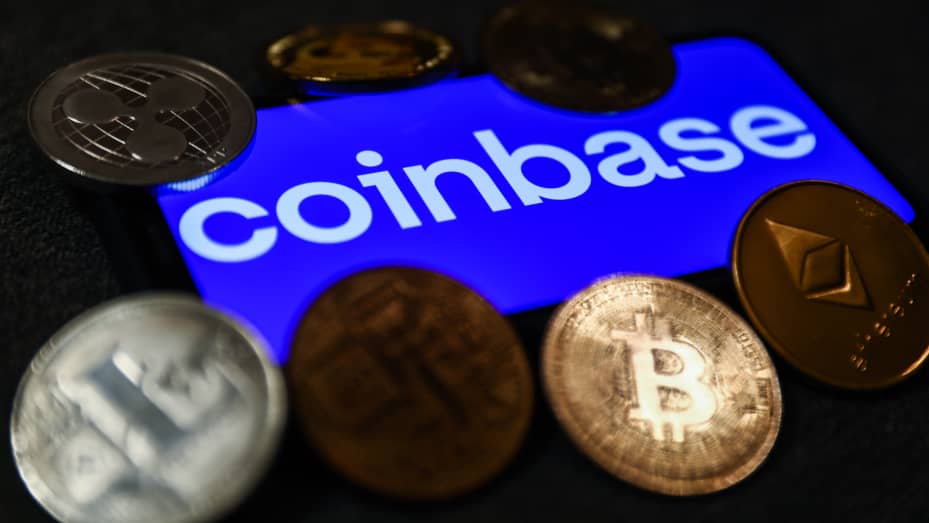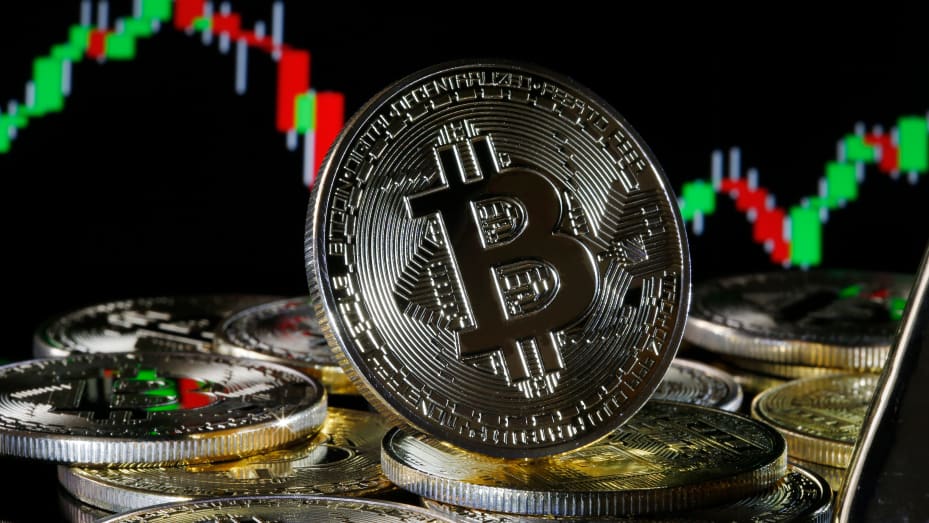In the fast-paced world of cryptocurrency, choosing the right exchange platform is crucial. Coinbase Crypto Exchange, founded in 2012, has emerged as a leading player in the crypto exchange market. With millions of users worldwide, it offers a user-friendly interface, security features, and a wide range of cryptocurrencies to trade. In this comprehensive guide, we’ll explore everything you need to know about Coinbase, from its history and features to its pros and cons.
History of Coinbase Crypto Exchange
The Birth of Coinbase
Coinbase was founded by Brian Armstrong and Fred Ehrsam in 2012. It was launched with the vision of making cryptocurrencies more accessible to the masses. The company’s headquarters is located in San Francisco, California. From its inception, Coinbase aimed to provide a user-friendly platform for buying, selling, and storing cryptocurrencies.
Evolution and Growth
Over the years, Coinbase has experienced significant growth. In 2013, it received its first major funding of $5 million from various venture capital firms. The company continued to expand its services and offerings, becoming one of the most recognized names in the crypto industry. In 2021, Coinbase made headlines by going public through a direct listing on the NASDAQ stock exchange, further cementing its position in the financial world.
Getting Started with Coinbase
Creating an Account
Getting started with Coinbase is a straightforward process. Visit the Coinbase website or download the mobile app, and click on the “Sign Up” button. You’ll need to provide your name, email address, and a secure password. After creating your account, you’ll receive a verification email to confirm your registration.
Identity Verification
Coinbase follows strict Know Your Customer (KYC) and Anti-Money Laundering (AML) regulations. To fully utilize the platform, you’ll need to complete identity verification. This typically involves providing a government-issued ID, such as a driver’s license or passport, and verifying your identity through a series of steps.
Linking a Payment Method
To buy cryptocurrencies on Coinbase, you’ll need to link a payment method, such as a bank account or credit card. This allows you to deposit funds into your Coinbase account and make purchases.
Supported Cryptocurrencies
Coinbase’s Expanding Asset List
While Coinbase initially supported only a few cryptocurrencies like Bitcoin, it has since expanded its offerings. The platform now provides access to a wide variety of digital assets, including Ethereum, Litecoin, Bitcoin Cash, and many more. Coinbase regularly adds new cryptocurrencies to its platform, keeping up with the evolving crypto market.
Popular Cryptos on Coinbase
Some of the most popular cryptocurrencies available on Coinbase include:
- Bitcoin (BTC): The pioneer of cryptocurrencies and the most well-known.
- Ethereum (ETH): Known for its smart contract capabilities.
- Litecoin (LTC): Often referred to as the “silver” to Bitcoin’s “gold.”
- Ripple (XRP): Designed for fast, cross-border payments.
- Bitcoin Cash (BCH): A fork of Bitcoin with larger block sizes.
Trading on Coinbase
Coinbase Pro vs. Coinbase
Coinbase offers two main platforms for trading: Coinbase and Coinbase Pro. Coinbase is designed for beginners, with a simple and intuitive interface. Coinbase Pro, on the other hand, is tailored for more experienced traders and offers advanced trading features, including charting tools and lower fees.
Placing Orders
Regardless of the platform you choose, Coinbase allows you to place various types of orders, including market orders, limit orders, and stop orders. Market orders are executed immediately at the current market price, while limit orders allow you to specify a price at which you want to buy or sell. Stop orders are used to limit losses by triggering a sale when a best crypto exchange usa price falls to a certain level.
Fees and Pricing Structure
Coinbase charges fees for buying, selling, and transferring cryptocurrencies. These fees can vary depending on your location and the type of transaction. It’s important to review Coinbase’s fee schedule before trading to understand the costs associated with your transactions.
Security Measures
Two-Factor Authentication
Coinbase takes security seriously. One of the primary security measures they offer is two-factor authentication (2FA). Enabling 2FA adds an extra layer of protection to your account by requiring you to enter a unique code sent to your mobile device or email when logging in.
Cold Storage of Funds
The majority of customer funds on Coinbase are stored in cold storage, meaning they are kept offline and are not susceptible to online threats. This approach enhances the security of users’ assets.
Insurance
Coinbase provides insurance coverage for digital assets held on the platform. In the event of a breach or loss, Coinbase’s insurance policy can provide added peace of mind to users.
Pros of Using Coinbase
User-Friendly Interface
Coinbase’s user-friendly interface makes it an excellent choice for beginners entering the world of best crypto trading platform. The platform provides a seamless experience for buying, selling, and managing digital assets.
Mobile App
Coinbase offers a mobile app for both iOS and Android devices, allowing users to trade cryptocurrencies on the go. The app is easy to navigate and provides access to all the essential features.
Educational Resources
Coinbase provides educational resources for users to learn more about cryptocurrencies. These resources include articles, tutorials, and videos to help users understand the crypto market and make informed decisions.
Regulatory Compliance
Coinbase complies with regulatory standards in various countries, which can provide users with a sense of security and trust in the platform.
Cons of Using Coinbase
Fees
While Coinbase is known for its user-friendly interface, its fees can be relatively high compared to some other exchanges. It’s essential to understand the fee structure and consider how it may impact your trading strategy.
Limited Cryptocurrency Selection
Although Coinbase offers a growing selection of cryptocurrencies, it may not have as many options as some other exchanges. If you’re interested in trading less common or niche cryptocurrencies, you might need to explore alternative platforms.
Privacy Concerns
Coinbase’s compliance with regulatory standards may raise privacy concerns for some users. The platform is required to collect and verify user information, which may go against the privacy ideals of some best crypto exchange enthusiasts.
Coinbase Wallet
A Secure Storage Option
In addition to its exchange platform, Coinbase offers a standalone wallet app called Coinbase Wallet. This wallet provides users with full control over their private keys and allows them to store various cryptocurrencies securely.
How to Use Coinbase Wallet
To use Coinbase Wallet, download the app and follow the setup instructions. You can then transfer your digital assets from the Coinbase exchange to your Coinbase Wallet for added security and control.
Customer Support
Contacting Coinbase Support
Coinbase offers customer support through various channels, including email and a detailed FAQ section on its website. If you encounter issues or have questions, you can reach out to their support team for assistance.
Coinbase has established itself as a reliable and user-friendly platform for crypto exchange website trading. It’s an excellent choice for beginners looking to enter the crypto market, thanks to its intuitive interface and educational resources. However, it’s essential to weigh the pros and cons, considering factors like fees, privacy concerns, and the selection of cryptocurrencies.
Ultimately, whether Coinbase is right for you depends on your individual needs and preferences. As with any investment, it’s crucial to conduct thorough research and consider your financial goals before trading cryptocurrencies. Coinbase can be a valuable tool on your crypto journey, but it’s just one of many options available in the ever-expanding world of digital assets.




